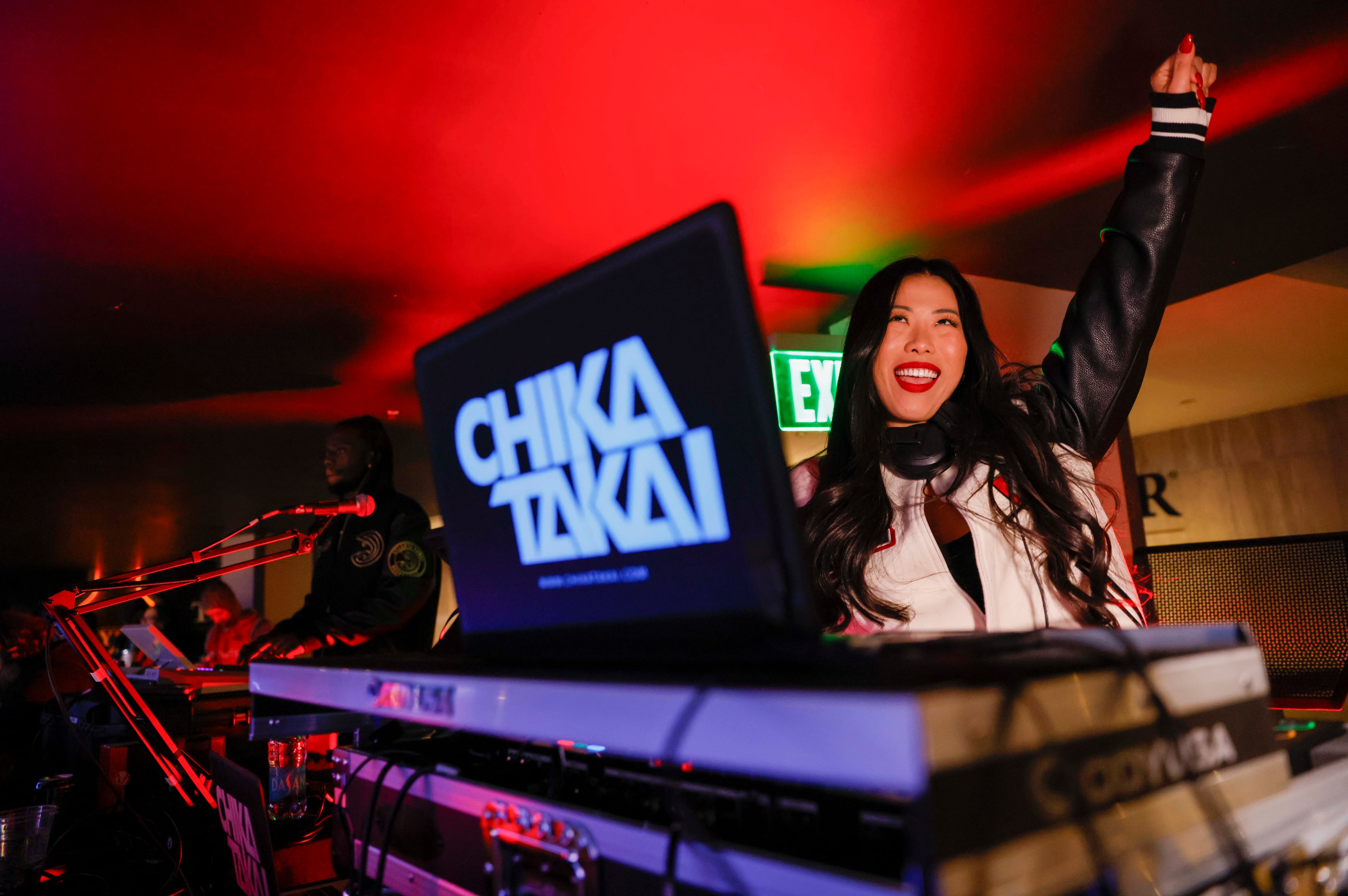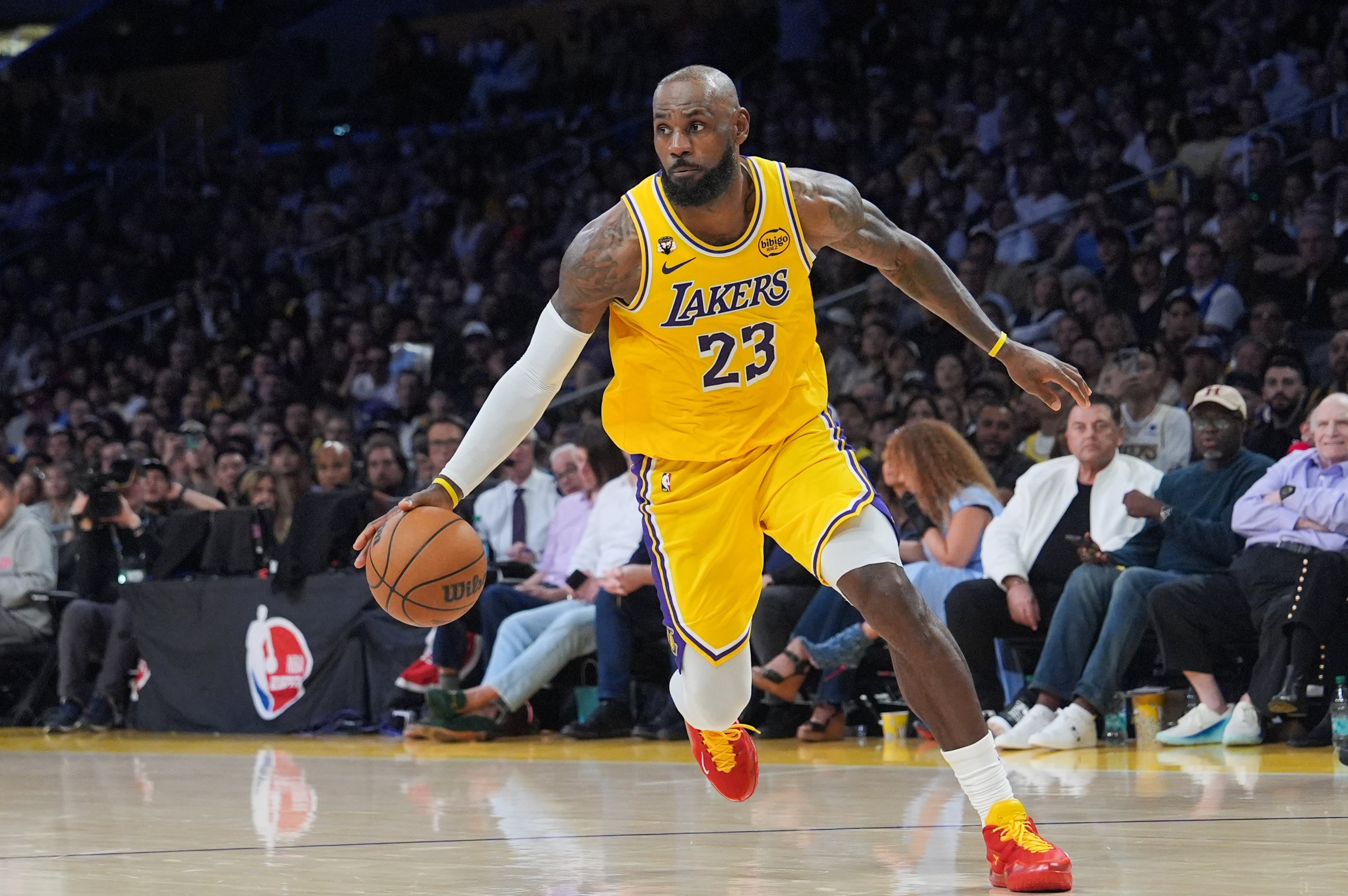Former referees from Atlanta pass on knowledge and experience
There is no hiding from a missed call — especially one that affects the outcome of an NBA game.
Every referee understands the reality of their profession. No matter how many correct calls are made over the course of a game, mess up just once and feel the wrath of coaches, players and fans alike. With the help of a mentoring program the league implemented several years ago, a group of up-and-coming young officials are learning not to run from mistakes.
“One of the things we do is reinforce the positives because referees live in a negative world,” said Bob Delaney, himself a former referee who leads the league’s Referee Operations Development/Performance Group. “They hear from coaches, players, fans and us at times if they get things wrong. We want to make sure that they are able to repeat what they are doing right.”
The NBA recently lost a group of veteran officials to retirement that includes Dick Bavetta, Bennett Salvatore, Joe Forte and Eddie Rush. Joey Crawford will retire following this season. More and more, the league is relying on its young officials.
Forte and Rush, both from Atlanta, are part of the program that added five former officials this year. The two can be found at Philips Arena many nights working with referees assigned to a Hawks game.
“You just don’t go out there and blow a whistle,” Rush said. “Referees prepare just like players prepare. It’s a lot of work. It’s as much mental as physical in this job.”
Forte (22) and Rush (26) spent a combined 48 years in the NBA. They know a thing or two about being in the right position to make a call, the inner workings of a game and how to deal with irate coaches and players. They both accepted positions with the league to pass on their knowledge.
Each of the former officials are assigned a group of young referees. They meet with them before a game and observe the contest live. The real work begins when everybody has left the arena. They will talk about specific plays and situations. They go over game film — not unlike a team preparing for a game — to dissect what went right and what went wrong.
The progress is tracked and reports filed so that a referees’ deficiencies are recorded and addressed. If an official is missing traveling violations, for example, they can work to ensure his eyes are in the right spot when a player is receiving the ball.
“There is a lot of give and take,” Forte said. “It’s all positive. It’s helping guys grow. They accept where we are trying to get — everybody consistent with how we want the game to be called. We want everybody following the same mechanics and floor coverage. We want guys in position to see plays. … We are teaching a system because we know the system will not fail us. If the system is right, everything else falls into place.”
Added Rush: “We look at positioning. Was that call a good call? Was it marginal? Should that call have been made and why didn’t you respond and react to that call, process that call and blow your whistle? Did you have an open look or closed look? Should you step up or down? We look at the reason they may have missed a call or made the correct call.”
According to Delaney, referee mechanics need to evolve with the game of basketball. The post-play game is becoming a rarity as teams try to spread the floor and play at a faster pace. Referees must keep up with the times.
Mike Bantom, the NBA’s executive vice president of referee operations, oversees the program. Delaney has a mantra for the mentoring. “Experience plus intellectual readiness plus reflection equals development,” he says. He said the NBA grades greater than 90 percent in making correct calls.
“We want to continue to get that 91 percent,” he said. “If we spend all our time chasing the nine percent we may lose part of the 91 percent. There is no perfection in the game of basketball as a referee. So we want to be able to reinforce positives, show where change needs to take place and adjustments needed. We are hoping that the result of that learning and education becomes action on the floor.”
Referees are human. They have to learn to deal with missed calls — and the emotion that can accompany them — in a healthy manner. Those conversations are part of the program as much at a referee’s positioning.
“An NBA referee maturing comes when we understand how to interact with the will to win that is on the floor,” Delaney said. “The will to win is so strong in the league that many times (coaches and players) see us as getting in the way of the win. So, it’s not a personal affront. The call is what they believe is not going to allow them to win the game. That’s where the emotion comes. Understanding how to ride that emotional wave that comes at you without being overly confrontational, being able to authoritative without being arrogant.”



